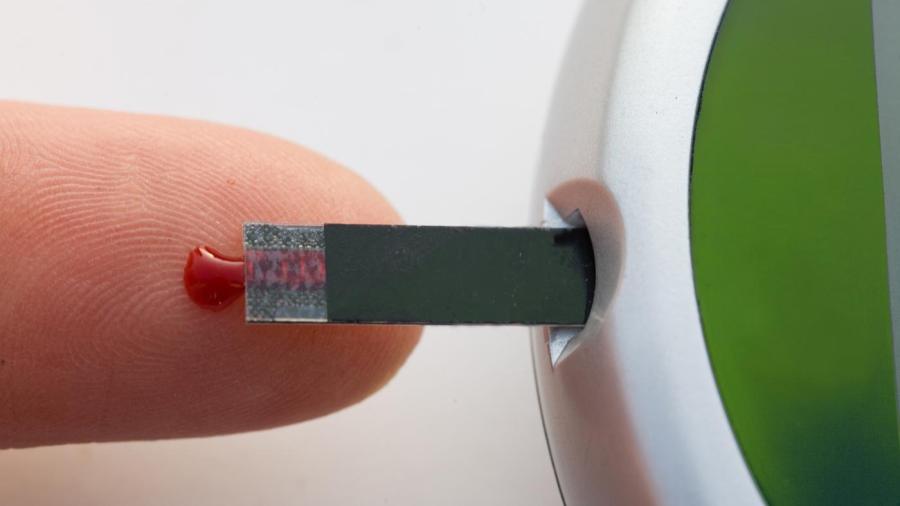What Is My Blood Sugar Level Supposed to Be?

According to the National Institutes of Health, normal fasting blood glucose test levels are between 70 and 100 milligrams per deciliter, and a normal random blood glucose test level is below 125 milligrams per deciliter. Results may vary slightly according to the laboratory, but the results are used to determine if a patient is at risk for diabetes or how well his diabetes is being maintained.
The National Institutes of Health states that a higher-than-normal blood glucose level count can be the result of pancreatitis, pancreatic cancer, rare tumors, an overactive thyroid gland, Cushing’s syndrome or glucagonoma. A low blood glucose level count can be caused by an underactive thyroid gland, malnutrition, too much diabetes medication or insulin, hypopituitarism or a rare disease named insulinoma. Blood sugar levels are determined by drawing blood from a vein in the inside of the elbow or in the back of the hand. Technicians then measure the glucose contained in the plasma part of the blood.
It is also noted by the National Institutes of Health that a high blood sugar count can occur temporarily due to severe stressors, such as strokes, heart attacks, surgery or physical traumas. Drugs other than diabetes medicines, such as drugs to treat psychosis and schizophrenia, can also raise glucose levels. Drugs such as alcohol, acetaminophen and monoamine oxidase inhibitors can decrease blood sugar counts.





